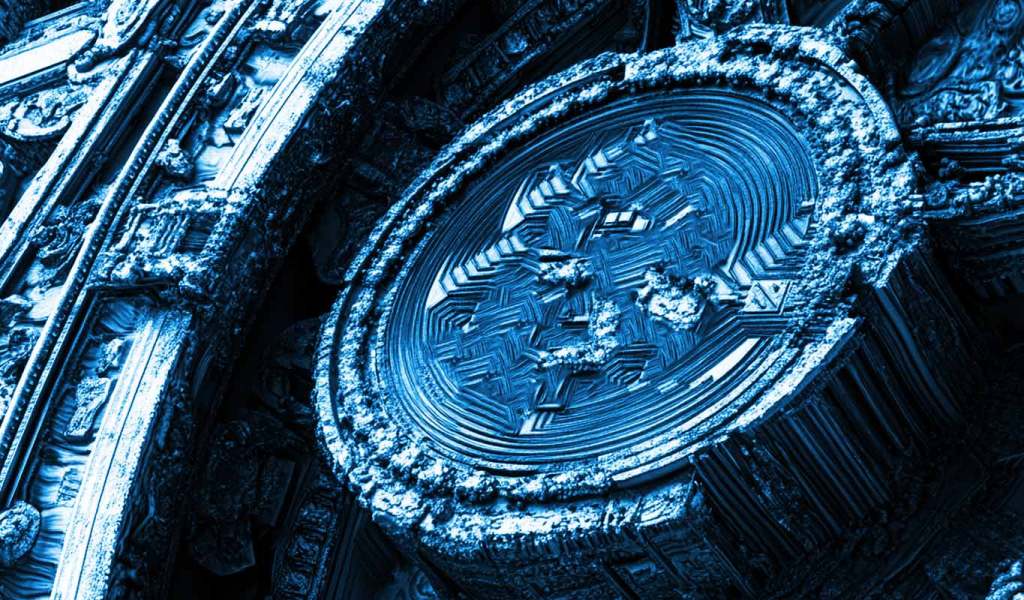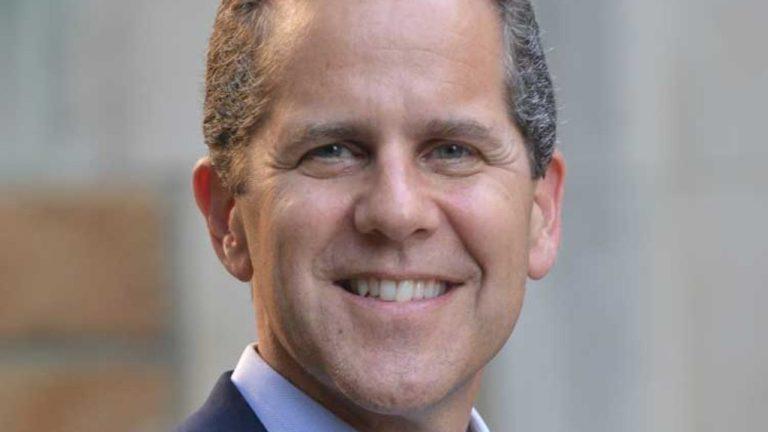
Coinbase’s chief legal officer Paul Grewal is accusing the Federal Deposit Insurance Corporation (FDIC) of stonewalling the top US-based crypto exchange’s request for public records. In a new thread on the social media platform X, Grewal accuses the FDIC of being deceitful and refusing to hand over vital records pertaining to how the federal agency […]
The post Coinbase Chief Legal Officer Accuses FDIC of Deceit, Says Agency Stonewalling FOIA Requests appeared first on The Daily Hodl.
 Barr has served as the Fed’s vice chair for supervision since July 2022 and was widely regarded as one of the chief architects of Operation Choke Point 2.0, an alleged government effort to undermine the crypto industry. Fed Board Member Michael Barr Steps Down From Supervision Role Michael Barr, Federal Reserve Board governor and vice […]
Barr has served as the Fed’s vice chair for supervision since July 2022 and was widely regarded as one of the chief architects of Operation Choke Point 2.0, an alleged government effort to undermine the crypto industry. Fed Board Member Michael Barr Steps Down From Supervision Role Michael Barr, Federal Reserve Board governor and vice […]
Coinbase CEO Brian Armstrong says Massachusetts Senator Elizabeth Warren and U.S. Securities and Exchange Commission (SEC) Chair Gary Gensler wanted to destroy the crypto industry. In a post on social media platform X, Armstrong says Warren and Gensler possibly broke the law in their attempt to decimate crypto. “Warren and Gensler tried to unlawfully kill […]
The post Coinbase CEO Says Elizabeth Warren and Gary Gensler Tried To Kill Crypto Industry As Debanking Revelations Swirl appeared first on The Daily Hodl.

The now-bankrupt Silvergate Bank was forced to cap its crypto deposits at 15% under threat of being shut down by US regulators, claims Castle Island Ventures partner Nic Carter.
Former crypto-friendly bank Silvergate likely would have survived had it not been forced into voluntary liquidation by United States regulators trying to “decapitate” the cryptocurrency industry, an industry executive claimed.
“I believe Silvergate could have survived its drawdown — and was on a path to do so,” Nic Carter, a partner at blockchain-focused Castle Island Ventures, wrote in a Sept. 25 Pirate Wires article.
He cited Silvergate Bank’s recent bankruptcy filings, and conversations with sources revealed that President Joe Biden’s administration told the bank that it must cap crypto deposits at 15% or face consequences.

Martin Gruenberg has faced criticism from Republicans and Democrats alike after an independent investigation revealed a range of workplace issues at the FDIC.
Martin Gruenberg, chairman of the United States Federal Deposit Insurance Corporation (FDIC), will step down following a scathing investigation that revealed a toxic workplace culture at the bank regulator.
On May 20, Martin Gruenberg said he was prepared to step down from his position as chair of the FDIC which he has headed since August 2005.
“In light of recent events, I am prepared to step down from my responsibilities once a successor is confirmed,” he said in an email to staff before adding, “Until that time, I will continue to fulfill my responsibilities as Chairman of the FDIC, including the transformation of the FDIC’s workplace culture.”

While the existence of "Operation Choke Point 2.0" has not been confirmed, Mick Mulvaney spoke of “rumors” of its existence and the potential side effects of such a policy.
If the United States government really is implementing "Operation Choke Point 2.0" it will hurt financial stability and may have contributed to the collapse of Silicon Valley Bank (SVB) according to Donald Trump’s former Acting White House Chief of Staff, Mick Mulvaney.
“I don’t want to think that the government would actually do that,” Mulvaney said in a March 22 Bloomberg interview in reference to the rumored operation. He did however recall attending hearings on the original Operation Choke Point — a government initiative that aimed to limit certain industries’ access to U.S. banking services.
“You have to wonder if there’s not certain policies that the administration is putting in place that have — perhaps the intended, perhaps the unintended — consequences of raising the risk, and of increasing instability, and did we just see that at SVB?” he added.
“Were people at SVB because they were really good at it, or was there some factor in there that said we’re at SVB because no one else will take us.”
Mulvaney elaborated that he believes crypto played no role in the downfall of SVB and suggested poor risk management was to blame. He implied, however, the pressure being put on U.S. banks to avoid crypto may have contributed to SVB’s collapse.
"Operation Choke Point 2.0" is a term coined by Coin Metrics co-founder Nic Carter and refers to apparently coordinated efforts to discourage banks from holding crypto deposits or providing banking services to crypto firms on the basis of “safety and soundness” for the banking system.
I don't want to alarm, but since the turn of the year, a new Operation Choke Point type operation began targeting the crypto space in the US. it is a well-coordinated effort to marginalize the industry and cut of its connectivity to the banking system - and it's working
— nic carter (@nic__carter) February 7, 2023
While is it unclear whether "Operation Choke Point 2.0" is an official strategy, Carter has claimed there is evidence supporting its existence.
Related: Yellen defends government intervention to avoid another SVB
In a Feb. 9 blog post, Carter outlined some supposed evidence, highlighting a Jan. 3 joint statement on crypto assets from the Federal Reserve, Federal Deposit Insurance Corporation (FDIC), and the Office of the Comptroller of the Currency (OCC), which warned that decentralized blockchain networks are “highly likely to be inconsistent with safe and sound banking practices.”
More recently, critics pointed to the FDIC’s different treatment of crypto assets during the takeover of Signature Bank as further proof of the existence of "Operation Choke Point 2.0."
— nic carter (@nic__carter) March 21, 2023
Magazine: Best and worst countries for crypto taxes — plus crypto tax tips